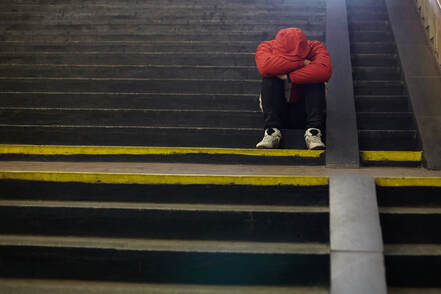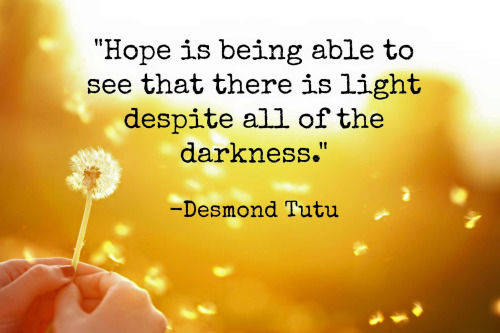Trauma-Focused Cognitive Behaviour Therapy
Why Choose TF-CBT?
TF-CBT is an evidence-based counselling approach for children and adolescents who have been impacted by single, complex, or multiple trauma experiences, and their parents or caregivers.
As a nationally certified TF-CBT therapist, I have undergone extensive training and supervision (in Baltimore, Maryland) to work with children and teens who are experiencing symptoms of post-traumatic stress disorder (PTSD).
TF-CBT has been demonstrated to effectively resolve a broad array of emotional and behavioural difficulties associated with PTSD and trauma experiences.
What Causes PTSD?Children and teens may display symptoms of PTSD if they have experienced one or more traumatic events. Traumatic events may include:
|
A child or teen may experience or witness the traumatic event, or have a close loved one who experienced the traumatic event.
What Are the Symptoms of PTSD?Post-traumatic stress disorder is a set of reactions that can develop in some people after experiencing a traumatic event.
PTSD Symptoms Include:
|
- Avoidance. Avoiding people, places, or situations that are reminders of the traumatic event. Avoiding talking about the traumatic event. Using alcohol or drugs in an attempt to stop the memories.
- Negative changes in thoughts and feelings. Difficulty remembering all the details of the traumatic event, or adopting distorted beliefs about themselves, others, and the world in general (i.e. "I am bad," "Other people won't help me," or "The world is really dangerous."). Becoming more irritable, anxious, afraid, angry, sad, guilty, ashamed, numb, or flat. Having less or no interest in activities that used to be enjoyable.
- Alterations in Arousal and Reactivity. Difficulty concentrating and/or paying attention. Sleep issues. Feeling on edge or wound up, taking more risks than usual, or being hyper-vigilant about risks. Startling easily.
- Dissociation. A subtype of PTSD, dissociation can include feelings of being detached from oneself or from reality.



